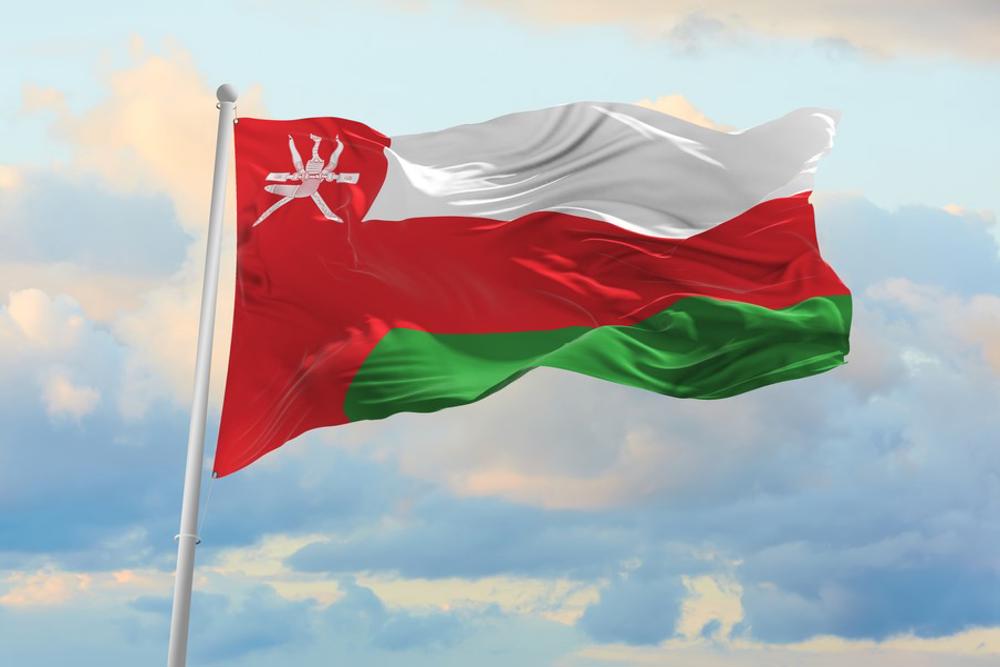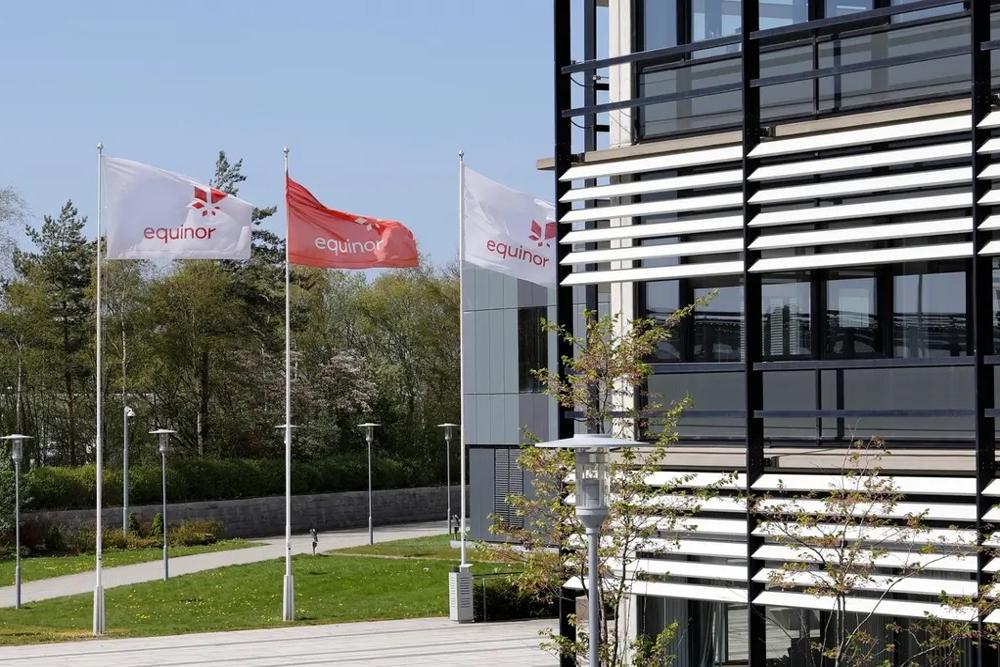
Countries that sign up to improve financial transparency over oil, gas and mining revenues benefit from significant reductions in carbon emissions, a new study by the University of Sussex Business School has outlined.
Members of the Extractive Industries Transparency Initiative (EITI) have seen their carbon emissions reduce by 13 per cent on average between 2000 and 2014 while the world average carbon footprint per capita grew by 23 per cent over the same period, reveals the research from the Sussex Energy Group.
Study author, Professor Benjamin K. Sovacool, said while the relationship between EITI membership and carbon reductions is not necessarily deterministic, the scheme allowed countries to use recovered funds no longer lost to corruption to invest in more sustainable forms of energy and other environmental practices.
More than half of the countries that have signed up to EITI have used it to address environmental payments, highlight environmental policies, and promote better natural resource and environmental management.
Professor of Energy Policy at the University of Sussex Business School, Prof Sovacool, said: “The EITI has induced changes throughout the industry without the need for more standard tools or approaches such as carbon permits, environmental standards, timetables, and mandates.”
“The initiative challenges property rights concerning information about oil, gas, and minerals; prior to its creation, data on revenues was not in the public domain. Putting it there has focused attention on companies, generated press stories, sparked dialogue with local communities, and given investors and regulators ways to measure relative performance.”
The study compared the performance of the first 12 countries to attain EITI Candidacy Status against the median of 218 countries between 2000 and the most recent data available in 2020 on social, economic, and political metrics using a unique World Bank dataset.
The study found that EITI countries performed better than the global average on benchmarks related to regulatory quality, rule of law, control of corruption, foreign direct investment, and interest rates.
Researchers found correlations between EITI membership and considerable growth in energy infrastructure investment and declines in rates of extreme poverty.
While the world saw a significant deterioration in regulatory quality over the past two decades of almost 50 per cent, EITI countries slipped by only 4 per cent.
Similarly in terms of rule of law, most countries saw a median decline in performance of 60 per cent, but EITI countries dropped by only 5 per cent.
However, EITI countries did not see universal improvement against the world average on all metrics. They performed worse in terms of voice and accountability, political stability and violence, governmental effectiveness, energy investment, and poverty gap.
EITI countries saw a 235 per cent decline in political stability while globally this improved by more than 11 per cent. Countries on average enjoyed a 226 per cent increase in private sector investment in energy, while EITI countries had just 30 per cent.
Professor Sovacool believes the EITI’s limited impact on economic governance is in part due to the scheme’s narrow view of transparency, covering only a minor fraction of public sector revenues and excluding wider dimensions of the sector, such as environmental impact assessments, project siting, or community relocation.
The EITI also only focuses on government revenue and not government spending, where the corruption is often far worse, the study author said.
Professor Sovacool also said the EITI is flawed because of its voluntary approach which means countries are not legally mandated to adhere to the principles of transparency and face no fines, criminal charges, or other sanctions for noncompliance.
“The EITI is an important and necessary ingredient of a dish for sustainable development in natural resource-dependent countries, but it is far from a complete diet,” Professor Sovacool said.
“While it may enhance economic governance and foreign direct investment, EITI membership does not lead to increased stability, reduced poverty or improved democracy.”
Australia is not yet an implementing country of the EITI. Intentions to apply for memberships were announced in May 2016 by former Minister for Foreign Affairs, the Hon Julie Bishop MP, and Former Minister for Resources, Energy and Northern Australia, the Hon Josh Frydenberg MP.








